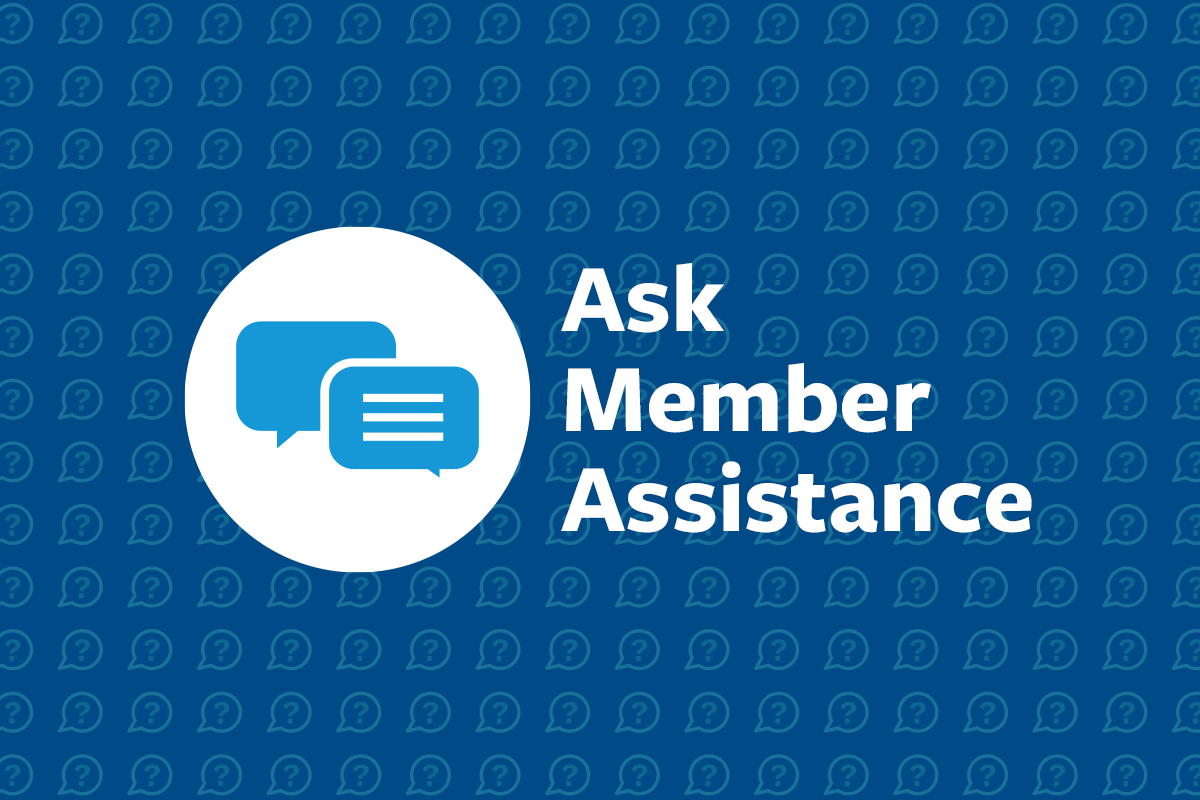
Assistant Minister for Health and Aged Care Ged Kearney announcing the removal of the ‘collaborative arrangement’ model for NPs and EMs, as Health Minister Mark Butler, ANMF (Vic Branch) Secretary Lisa Fitzpatrick and nurses and midwives look on. 30 October 2024
After legislation changes ushered in by the Albanese federal government, nurse practitioners and endorsed midwives are now able to prescribe certain medicines under the Pharmaceutical Benefits Scheme (PBS) and provide a range of services under Medicare without the requirement for a ‘collaborative arrangement’ with a medical practitioner.
The amendments, which came into effect on Friday 1 November 2025, remove the outdated and restrictive barriers that prevented nurse practitioners and endorsed midwives from working to their full scope of practice.
At a press conference announcing the changes, ANMF (Vic Branch) Secretary Lisa Fitzpatrick called the change a ‘wonderful and historic moment, years in the making’.
Holding a copy of the original 1999 Victorian Nurse Practitioner report, released by the then Department of Human Services on the commencement of the nurse practitioner model in the state, Ms Fitzpatrick said ‘Reading this recently and then seeing how far we’ve come is testament to the strength and determination of nurses and midwives who have been lobbying government for years as part of a determined campaign to be recognised professionally for the qualifications, the experience and the extraordinary skills that they possess.’
Review after review has shown that patients benefit from the high-quality care that endorsed midwives and nurse practitioners provide, particularly in rural and regional communities.
Since gaining access to provide Medicare services and prescribe PBS medicines in 2010, these health professionals have been legally required to have a ‘collaborative arrangement’ with a medical practitioner. But these arrangements were dependent on the availability and willingness of a doctor to enter into them, which in practical terms often meant that the nurse practitioner or endorsed midwife was unable to provide these services or prescribe these medications.
The Health Legislation Amendment (Removal of the Requirement for a Collaborative Arrangement) Bill was introduced by Assistant Minister for Health and Aged Care and Assistant Minister for Indigenous Health Ged Kearney earlier this year. Its passing into law brings Australia more into line with comparable countries like the United Kingdom and New Zealand.
Ms Kearney, the former federal secretary of the ANMF and first Victorian nurse elected to federal parliament, said ‘for many years, endorsed midwives and nurse practitioners have been held back from operating to their full scope of practice and giving the very best care that they can to our community through red tape that has really stymied their practice.’
She added, ‘This legislation has taken away that red tape. It no longer is necessary for an endorsed midwife or a nurse practitioner to have a sign off from a medical practitioner in order for them to access MBS and to prescribe drugs on the PBS for their clients.’
Current ANMF federal secretary Annie Butler said the ANMF, along with other national nursing and midwifery peak bodies, had worked tirelessly for years to advocate for the removal of the collaborative arrangement.
‘The requirement for a collaborative arrangement was never about clinical supervision or clinical collaboration, but access to payments and funding under the PBS and Medicare,’ Ms Butler said. ‘That’s why removing these barriers will empower more nurse practitioners and endorsed midwives to work to their full skill set, training and education, expanding the provision of healthcare in the community, continuing to support multi-disciplinary models of care. This will be particularly beneficial in rural and remote communities where chronic workforce shortages continue to impact care outcomes.
‘From our perspective,’ Ms Butler concluded, ‘the removal of collaborative arrangements will not only improve access to healthcare for many currently underserved communities, it also values, recognises and respects the advanced skills and high levels of expertise of nurse practitioners and endorsed midwives.’
Privately practising midwives’ PII
Also announced on Friday 1 November is the removal of the broad ‘low-risk’ definition from the Midwife Professional Indemnity Scheme, alongside the exclusion of midwives’ continued role in care after referral or transfer.
This is a great win for privately practising midwives providing homebirth services, who will now be able to be insured under the existing regulatory framework, the NMBA Safety and Quality Guidelines for Privately Practising Midwives (SQG). This approach already provides a robust regulatory framework, that midwives must adhere to as part of their mandatory registration and regulation requirements and has a proven track record of safety to the public since its introduction to midwifery regulation in 2017.
To allow sufficient time to transition to these new arrangements, the federal government is also seeking a final extension to the current National Law exemption for midwives to 31 December 2026. The exemption is currently due to expire on 30 June 2025. Extending the exemption to the National Law will provide reassurance to women and midwives that homebirth plans may continue without disruption during the transition and allow time for regulation and policies to be amended and implemented.
ANMF (Vic Branch) will update members about the outcome of this in the new year once it has proceeded through government approvals.




